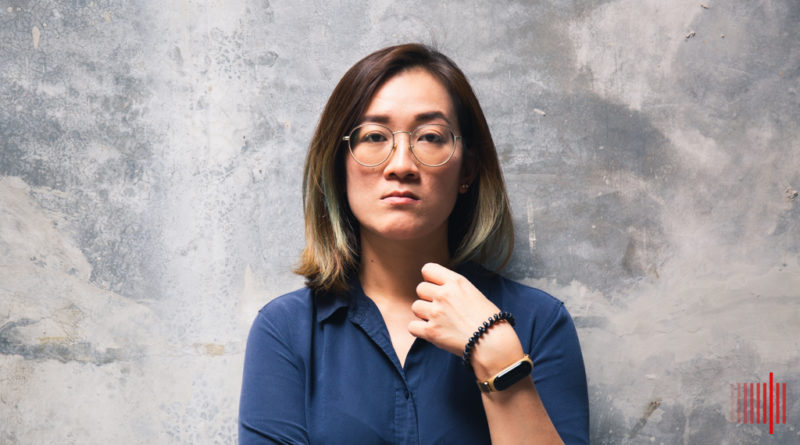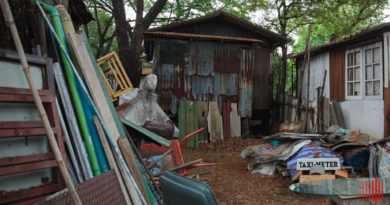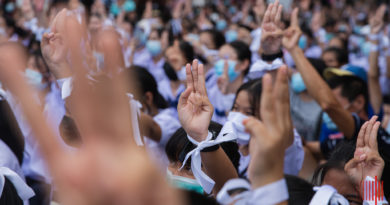A talk with pro-choice activist: progress on Thailand’s abortion law?
On 19 February 2020, Thailand’s Constitutional Court ruled that the current law criminalising abortion is unconstitutional. The ruling paves the way for the future amendment of anti-abortion laws – to eventually provide for the access to safe, legal abortion.
On the occasion of International women’s day – Plus Seven talked to Nisarat Jongwisan, TamTang Group’s consultant and women’s rights activist, about abortion in Thailand, women’s rights, and what lies ahead of the reproductive rights.
Plus Seven: What is a history of Thai legislation regarding abortion?
Nisarat: The earliest account I found was in the “Three Seals Laws” (A code of law that survived the 18th-century Ayutthaya era,) which stipulated that woman deliberately murdering her child in utero be fined and physically punished, and that murdering pregnant woman and her unborn child results in death penalty.
Then we had the Penal Code of R.S.127 (1908) sentencing to imprisonment woman who purposefully aborted for 13 years, and doubling the punishment if she does so with physician’s service. Similarly, the Criminal Code B.E. 2499 (1956) specifies offences relating to abortion in Sections 301-305, which are in effect until today.
If an Ayutthaya-era law refers to the offence, we can derive that abortion has been commonly practiced here for at least 220 years. We also need to take societal context into consideration; women then and now do not possess the same level of human dignity.
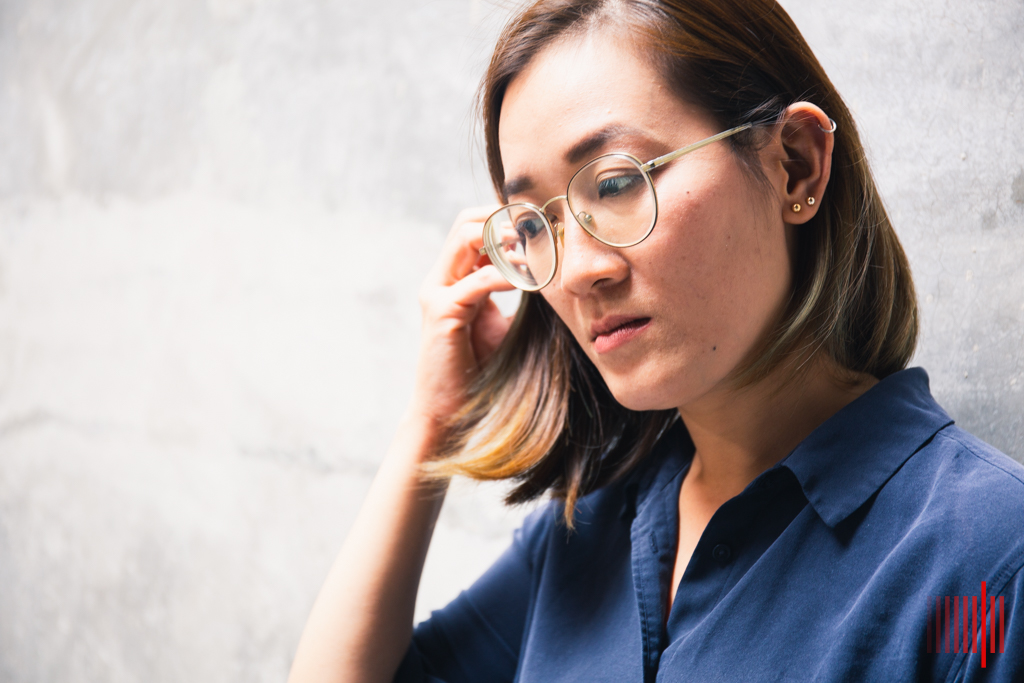
Plus Seven: How long has the movement been pushing the issue? What about TamTang?
Nisarat: It started with Kritaya (Archavanitkul; demographer and reproductive health activist) and Dr. Mechai (Viravaidya; prominent sexual health activist) and has been going for about 30-40 years. The law used to allow almost no exemption, so they pushed, gradually, for the inclusion of other clauses, such as if the pregnancy endangers the mother’s physical and mental health, or if it is a result of rape. Today’s regulations are the result of their work.
TamTang was born about ten years ago. Supecha “Chompu” Baothip , a founder, had a blog where she recounts her experience with abortion. Many women contacted her, asking for advice. That led her to found TamTang group, with an objective to provide information for women with an unwanted pregnancy. We are one of the first advocating groups in Thailand to offer such help.
Plus Seven: What part does abortion play in women’s rights?
Nisarat: I would not call it women’s rights. It is a human right, but for women, because only uterus owners have to confront this issue.
Abortion is not the only taboo that society forces upon women. Societal expectations have written women’s roles, how they must behave, how to live their public and private life. Women are expected to be ‘ladylike’ in the streets and ‘slutty’ in the sheets. They are not to discuss sex in the open. As a consequence, women do not have access to proper sexual knowledge, or are subject to their partners’ decision making regarding contraception methods. It is no surprise, then, that unintended pregnancy is an enduring problem.
When it comes to bodily autonomy, we as humans have a right to determine over our own bodies. The fetus, with its placenta and umbilical cord attached to the uterus, is still a part of a woman’s body and not yet considered to have any legal rights, so it falls under the women’s bodily integrity. This view, however, is not regarded by the society that sees women’s bodies as mere incubators. Feti have a higher value than women’s lives.
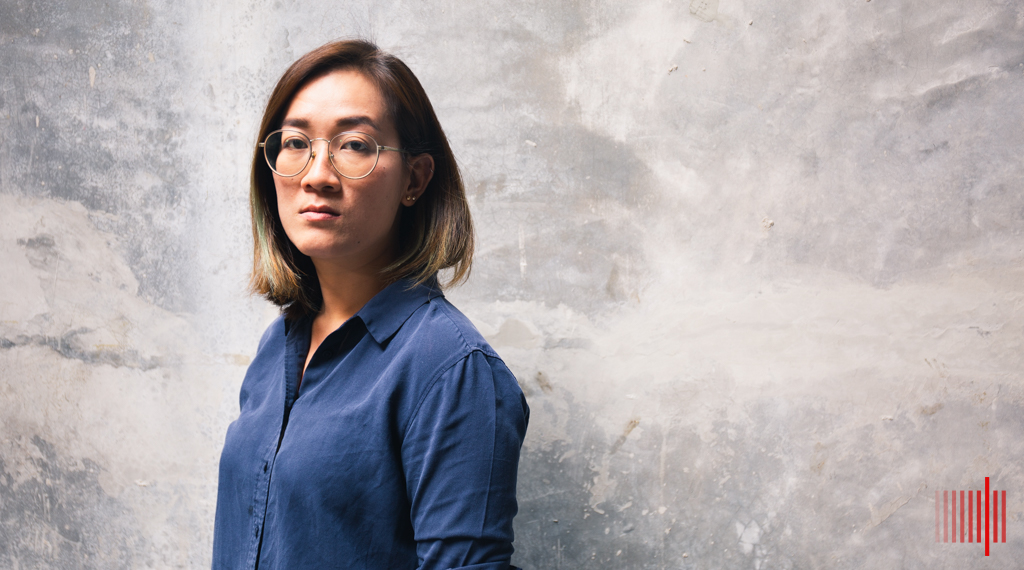
Plus Seven: What is the consequence of not having access to safe and legal abortion?
Nisarat: Recently, a 19-year-old girl in Chiangmai died because of unsafe abortion. She is not the first and will not be the last. We received a case, years ago, of a woman who decided to end a pregnancy with an incorrect dosage of pills. Although she came to us, she did not reach medical help in time and succumbed to excessive bleeding. If the regulations remain as they are, many women will seek risky means to terminate a pregnancy, or what we call illegal abortion. They will be exposed to incorrect pills, inappropriate equipment, and a lack of information about how to take care of themselves afterward or when to seek medical help. The consequence is fatal.
Then there is the same old social stigma. Having abortion means the women are not virgin, and are about to become vile mothers who kill their child. On top of that, they are breaking the laws. Who, then, will dare to go for a safe abortion? How many of them manage to receive one, since it is not legal? What about those who fail? These women might die, and no one will care.
Plus Seven: So, stigma plays an essential role in preventing women from getting a safe abortion.
Nisarat: A lot of women who contacted me admit something along the lines of ‘I do not want to do this, it is wrong,’ ‘It is sinful.’ They are guilt-ridden. To me, this guilt is not natural, but rather a social construct. Society plants this belief that people who choose abortion will be damned, and this karmic belief is deeply instilled since we were young. Then some young girls do not dare to ask their parents for help, fearing that disappointed parents will disown and dispel them.
There is a widespread misconception that abortion clinics are scary-looking premises, with buckets full of feti, women screaming in pain, blood on the floor, and sharp, devious metal tools used for scraping uterus. That is absolutely not true. If gestational age is in the early stage, it’s 98% safe to take abortion pills on your own. Clinics are clean and friendly, procedure safe, and recovery fast. It is even safer than giving birth.
Women who are open about having abortions often face vicious abuses and fervid condemnations online. Many received harassment or even death threats. They are slut-shamed, being assumed promiscuous whores too stupid to learn about contraception.
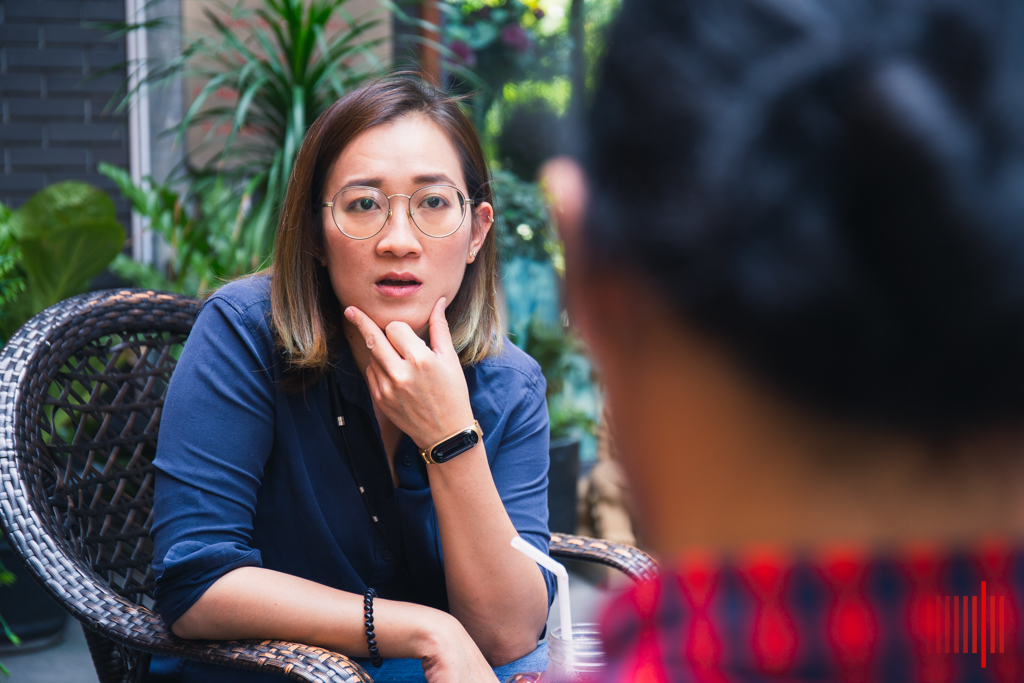
Plus Seven: How did the Constitutional Court come to this adjudication? What is the cause behind it?
Nisarat: Two years ago, a doctor who provides abortion got arrested. She was part of the legal abortion system and had permission. The doctor pushed forward, petitioning the Constitutional Court to rule whether Sections 301-304 are against the constitution.
This led to the monumental ruling that the abortion chapter violates Section 27 on discrimination for sex, gender, ethnic, religious belief, and disability, and Section 28 on bodily autonomy. The next step would be the amendment of Sections 301-305 of the Criminal Code. We will have to wait and see what may become.
The judges commented that Section 301 should amend to allow for abortions of 12-week gestation, but maintain that termination of pregnancy with a gestational age of over 12 weeks is an offence. Our stance is to remove the section in totality. If a woman, say, realises she is pregnant at the 13th week, and does not fall into any exemption, she cannot get an abortion. The law would still push her to seek illegal, unsafe methods.
Plus Seven: How does inaccessibility to safe, legal abortion add weights to women?
Nisarat: Consider intercourse. Who has to worry about getting pregnant? Women, of course. Men already give that emotional weight when they refuse to wear a condom. Throughout my role as a consultant, so many women have their partners saying, “you have to keep the baby, but I am not gonna help you raise the child,” or “that is not my problem.” So that clearly puts all weights on women. Even if men provide emotional and financial support, the physical burden and risk are still on the women.
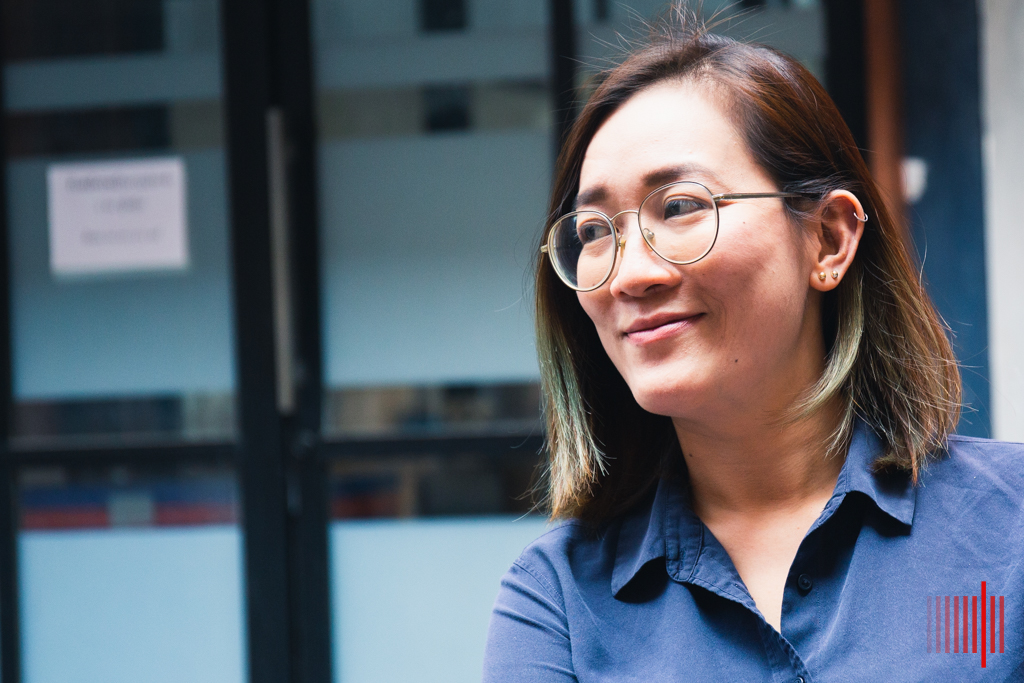
Plus Seven: One of the anti-abortion rhetorics in Thailand claims that, once abortion is legalised, people would become promiscuous and do not care for birth control. What do you say about that?
Nisarat: Human, by nature, loves themselves. No one wants to get hurt. Abortion is safe nowadays, yes, but it is still unpleasant. No one likes to lay with their legs open wide and have physician thrusting apparatus into their vagina. There is also the question of cost. Easier access does not mean more people will do it. No one will get an abortion if they have a choice.
Plus Seven: Last, how can someone who wants to end pregnancy seek advice?
Nisarat: If you or someone you know have an unintended pregnancy, call the Aids and Unwanted Pregnancy Hotline 1663, reach TamTang’s LINE account at @tamtang, or find support at Facebook page คุยกับผู้หญิงที่ทำแท้ง (Talk to women who have had an abortion.)

